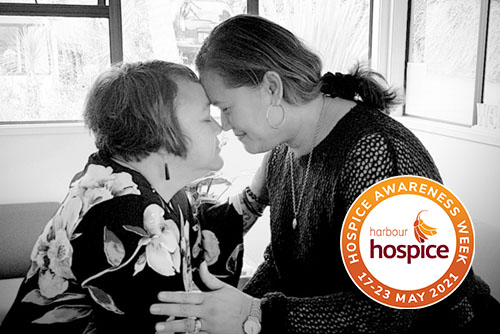20 May, 2021
Interview with Terehia Walker, Harbour Hospice Kaiāwhina (cultural support)

She’s small in stature but her wairua (spirit) is mighty.
Terehia Walker is Harbour Hospice’s Kaiāwhina (cultural support) and she helps staff within Harbour Hospice, as well as the wider healthcare community, understand patients’ cultural needs by facilitating education programmes and working alongside clinical teams.
“One of the things we try to build with our patients is whakawhanaungatanga (getting to know each other) which breaks down barriers and builds trust, and that helps us get an insight into the patient and their whānau and what their cultural and spiritual needs are,” Terehia says.
Harbour Hospice staff attend Kotahitanga (marae education days) and monthly tikanga (correct procedure) sessions. Meanwhile, karakia, waiata, mihi, pepeha and tikanga is embedded in everyday practice across the organisation.
While Terehia’s role is to guide and support staff, she also works with patients when the situation calls, and the outcomes are incredibly moving. Explains Terehia, “I learned there was a Māori patient in a residential care unit we work with that was speaking in te reo and the team didn’t understand what she was saying.
“I suggested recording the words so I could listen and once I heard them I knew what she wanted. She wanted to go home, but the problem was there was no one there that could look after her – no doctors, nurses or even a pharmacy.
“So I introduced myself to her with a mihi and pepeha, and straight away she smiled and said to me in te reo that she was so happy to meet me as she was lonely.
“I downloaded her favourite waiata from her iwi for her, as well as photos of her whānau and her horses on the beaches.
“I found out she loved making pois so I asked the staff if they would like to make pois with me to help Whaea to settle. We also made her a mobile for her room from driftwood and shells.”
Terehia taught the staff a waiata they could sing with her and a karakia they could say before meals.
“They had been calling her Mrs and she asked me to ask them if they call her Whaea instead, which is tikanga (the correct procedure) in te ao Māori (the Māori world view), used for older lady or aunty.”
The following week Terehia and the team checked in on Whaea and found the staff singing a waiata with her. “They were all sitting around the table! They’d also put Māori words up around the building to support the staff to speak te reo.
“This was a journey for all of us and it was an important one because our place is to honour who people are (their whakapapa) and where they come from (turangawaewae). This is what brings people comfort.”

